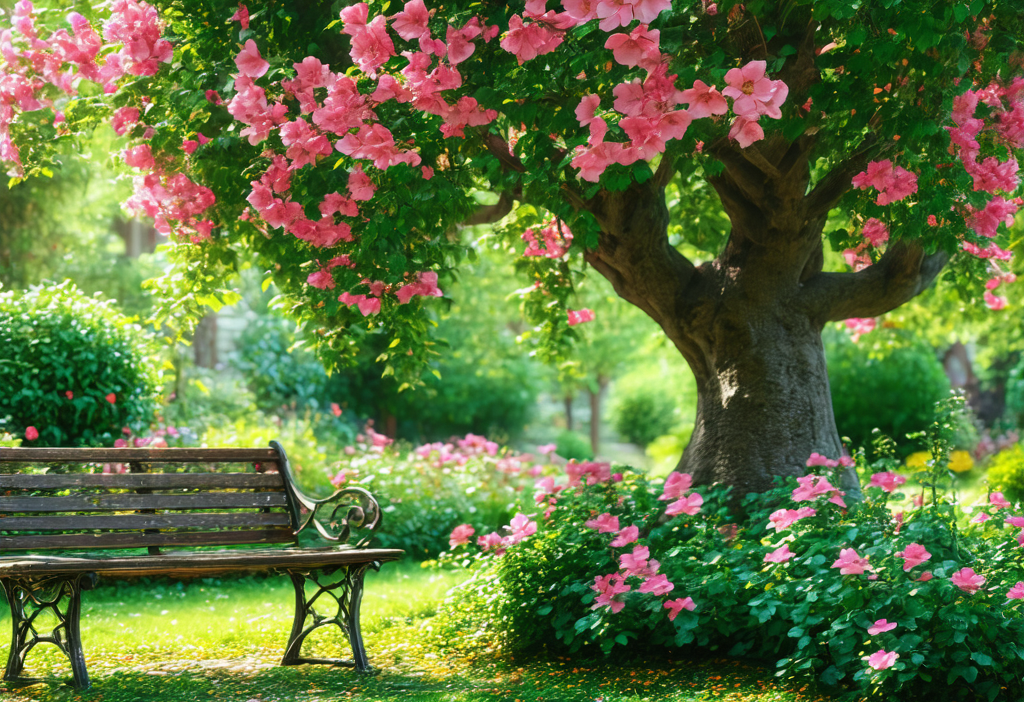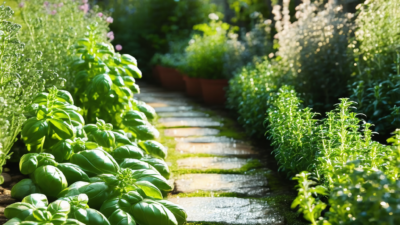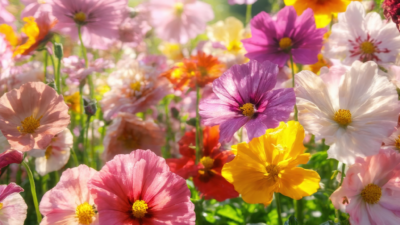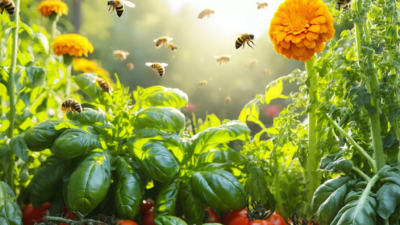The Therapeutic Power of Gardening: A Path to Mental Wellness and Sustainable Living
Gardening is more than just a hobby; it’s a transformative practice that can enhance your mental well-being, physical health, and contribute to a sustainable lifestyle. In this blog post, we’ll explore the profound benefits of gardening and how you can incorporate it into your daily life for a healthier, happier you.
The Mental Health Benefits of Gardening
Gardening has long been recognized as a therapeutic activity that can reduce stress, anxiety, and depression. Here’s why:
- Stress Reduction: Spending time in nature and engaging in physical activities like gardening can lower cortisol levels, the hormone associated with stress.
- Mindfulness and Focus: Gardening requires attention to detail, which can help you stay present and reduce racing thoughts.
- Sense of Achievement: Watching plants grow and thrive gives a tremendous sense of accomplishment and purpose.
“Gardening is the art that makes everyone happy,” said Helen Kelly. It’s a practice that connects you with nature and yourself, fostering inner peace and contentment.
Physical Health Benefits of Gardening
Gardening isn’t just mentally beneficial; it also offers several physical health advantages:
- Exercise: Activities like digging, planting, and weeding provide moderate exercise, improving cardiovascular health and muscle strength.
- Exposure to Vitamin D: Spending time outdoors in the sunlight while gardening helps your body produce vitamin D, essential for bone health and immune function.
- Better Sleep: Physical activity during the day can lead to improved sleep quality at night.
Regular gardening can be as effective as other forms of exercise in maintaining overall fitness and well-being.
Gardening for Sustainability
In an era where environmental sustainability is crucial, gardening plays a significant role:
- Reduced Carbon Footprint: Growing your own fruits and vegetables reduces the need for store-bought produce, which often involves long transportation distances and packaging.
- Biodiversity: Planting native species supports local wildlife and promotes biodiversity.
- Water Conservation: Using rainwater or drip irrigation systems can significantly reduce water usage in gardens.
Gardening is a sustainable practice that benefits both you and the planet. It’s a win-win situation!
Getting Started with Gardening
If you’re new to gardening, here are some tips to get started:
- Choose the Right Space: Select an area with adequate sunlight and access to water.
- Select Plants Wisely: Start with easy-to-grow plants like tomatoes, herbs, or succulents if you’re a beginner.
- Use Sustainable Practices: Opt for organic fertilizers and natural pest control methods to keep your garden eco-friendly.
Gardening is an accessible activity that can be done in small spaces, even on balconies or windowsills. It’s never too late to start reaping its benefits!
Expert Insights
The Royal Horticultural Society emphasizes that gardening can have a profound impact on mental health, especially for those dealing with anxiety or depression. Their research shows that engaging in outdoor activities like gardening can significantly improve mood and reduce stress levels.
Conclusion
Gardening is a powerful tool for enhancing mental well-being, promoting physical health, and contributing to sustainability efforts. Whether you’re cultivating a small herb garden or a sprawling vegetable patch, the benefits are immense. So, grab your gardening tools, step outside, and start creating your own piece of paradise. Your mind, body, and the planet will thank you!
Remember, as Helen Kelly wisely said, “Gardening is the art that makes everyone happy.” Start your journey today and experience the transformative power of gardening firsthand.





